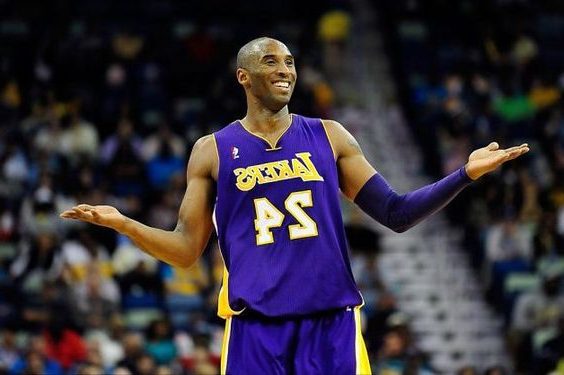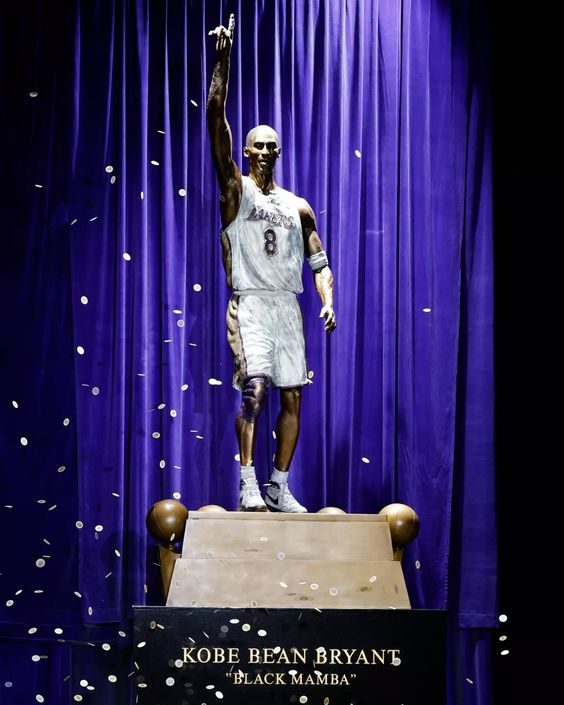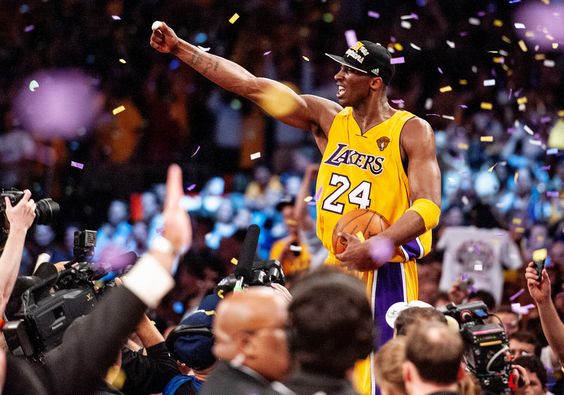Why Did Kobe Stop Playing Basketball?
Kobe Bryant called it quits on basketball in 2016 for a couple of reasons:
-
Body Aches: After 20 amazing years, Kobe’s body was feeling the strain of playing pro ball. He had gotten hurt a lot in the years before retiring, especially with a bad ankle injury in 2013. These injuries were making it tougher to play and could have gotten worse.
-
Family Time: Kobe spent most of his life on the court, and it was time to focus on his family. Retiring meant more time with his wife Vanessa and their daughters. He also got to explore new things outside of basketball, like writing stories and running businesses.
Kobe Bryant, a name synonymous with basketball greatness, forever etched his legacy in the annals of sports history. His journey from a young phenom to a global icon captivated fans worldwide, but his decision to retire from the game left many puzzled. In this comprehensive exploration, we delve deeper into the multifaceted reasons behind Kobe Bryant’s departure from the hardwood.
Kobe Bryant’s Early Years and Rise to Stardom
Born on August 23, 1978, in Philadelphia, Pennsylvania, Kobe Bryant’s journey to basketball stardom began at an early age. With a father, Joe “Jellybean” Bryant, who himself had a professional basketball career, Kobe inherited a passion for the game. Under his father’s guidance, Kobe honed his skills and developed a work ethic that would set him apart from his peers.
NBA Career Beginnings
Drafted by the Charlotte Hornets as the 13th overall pick in the 1996 NBA Draft, Kobe’s rights were quickly traded to the Los Angeles Lakers. It was in the purple and gold jersey that Kobe would solidify his status as a basketball prodigy. Teaming up with the dominant force of Shaquille O’Neal, Kobe formed a dynamic duo that propelled the Lakers to championship glory.
Championship Success
Kobe Bryant’s relentless pursuit of excellence culminated in an illustrious career marked by five NBA championships. His ability to perform under pressure, coupled with his unmatched work ethic, made him a force to be reckoned with on the court. Each championship victory further solidified his place among the basketball elite, earning him admiration and respect from fans and peers alike.
Factors Leading to Kobe’s Retirement
Injury Struggles
Injuries are an unfortunate reality for professional athletes, and Kobe Bryant was no exception. Throughout his career, he battled numerous injuries, including a devastating torn Achilles tendon that sidelined him for an extended period. Despite his resilience and determination to overcome adversity, the toll of these injuries began to take its toll on Kobe’s body, impacting his performance and longevity in the game.

Age and Physical Decline
As the years passed, Kobe Bryant faced the inevitable effects of aging. The physical demands of playing at the highest level for nearly two decades inevitably caught up with him. Despite his unwavering commitment to maintaining peak physical condition, the natural decline in athleticism and agility became increasingly apparent, affecting his ability to compete at the elite level he had become accustomed to.
Transition to Post-Basketball Life
Beyond the physical challenges, Kobe Bryant began to contemplate his life beyond basketball. With a keen interest in various ventures, including filmmaking, entrepreneurship, and philanthropy, Kobe sought to transition seamlessly into the next chapter of his life. His insatiable drive and passion for excellence extended beyond the basketball court, laying the foundation for his successful endeavors off the court.
Kobe Bryant’s Legacy
Off the Court Contributions
Kobe Bryant’s impact transcended the confines of the basketball court, as evidenced by his numerous philanthropic efforts. Through the Kobe and Vanessa Bryant Family Foundation, he sought to empower youth and make a positive difference in their lives. His commitment to education, sports, and community outreach programs underscored his desire to leave a lasting impact beyond his basketball achievements.

Conclusion
In conclusion, Kobe Bryant’s decision to retire from professional basketball was influenced by a combination of factors, including injury setbacks, age-related decline, and a desire to explore new opportunities outside of the sport. Despite bidding farewell to the game he loved, Kobe’s legacy as a basketball icon and cultural phenomenon endures. His impact on the sport and the world at large is immeasurable, serving as a testament to his enduring greatness and indomitable spirit.
FAQs
- Was Kobe Bryant forced to retire due to injuries?
While injuries certainly played a significant role in Kobe’s decision to retire, he ultimately made the choice based on a combination of factors, including his physical condition and future aspirations.
- What impact did Kobe Bryant have on the younger generation of basketball players?
Kobe’s influence on aspiring athletes is profound, as he embodied the values of hard work, dedication, and perseverance, inspiring countless individuals to strive for greatness.
- How did Kobe Bryant’s retirement affect the NBA landscape?
Kobe’s retirement marked the end of an era in the NBA, prompting reflection on his remarkable career and contributions to the sport while paving the way for a new generation of stars to emerge.
- What legacy does Kobe Bryant leave behind?
Kobe’s legacy extends beyond his basketball achievements, encompassing his philanthropy, leadership, and commitment to excellence, which continue to impact lives worldwide.
- What are some of the post-retirement ventures pursued by Kobe Bryant?
Following his retirement from basketball, Kobe ventured into various fields, including filmmaking, publishing, and entrepreneurship, demonstrating his versatility and entrepreneurial spirit.
Alina is a passionate basketball player with a love for the game that knows no bounds. With years of experience on the court, she brings unmatched skill and dedication to her team. Alina’s commitment to excellence both on and off the court sets her apart as a leader and motivator. Whether she’s driving to the basket or encouraging her teammates, Alina’s enthusiasm and sportsmanship shine through. As a valuable member of the basketball team, Alina’s presence elevates the spirit and performance of the entire squad.







